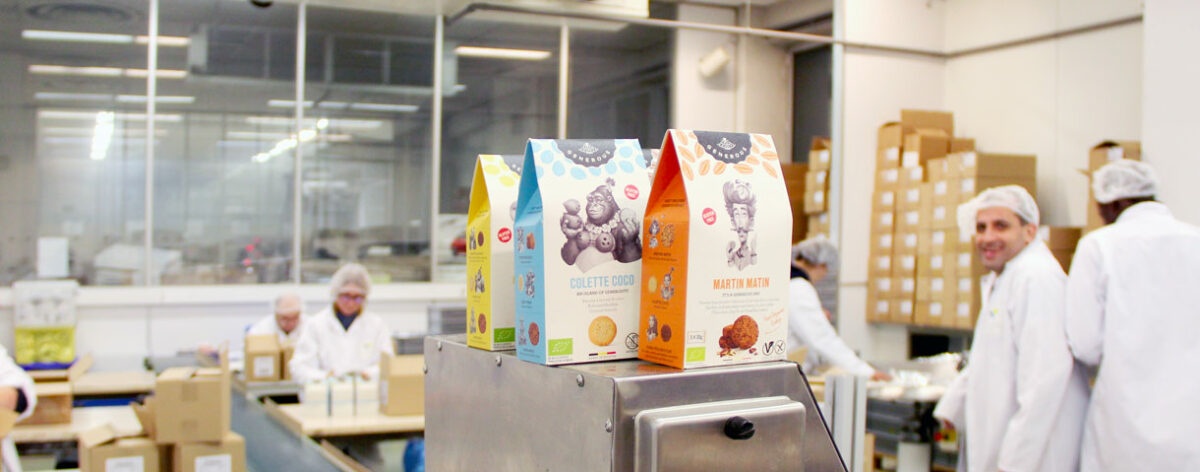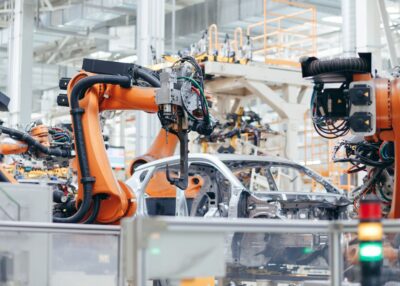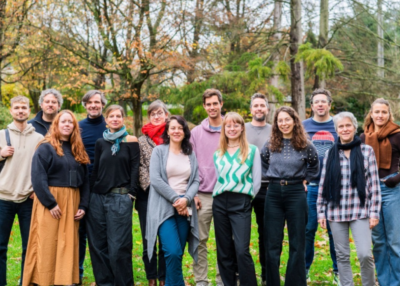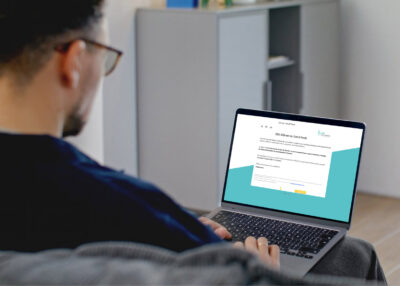
Sustainability as a trade mark and export model
Brussels gets an excellent rating in international studies as a base for companies, from home and abroad. But how can you get a foothold abroad with your company? And how can you do it in a way that respects people and the environment? Isabelle Laverge, Director of Internationalization Support at hub.brussels (Brussels Agency for Business Support), gives further details.
Interview with Isabelle Laverge, Director of Internationalization Support
Our usual suspects, such as beer and chocolate, are well known abroad. What other, less well-known services or products are successful abroad today?
Isabelle Laverge: “Well, in contrast to Flanders or Wallonia, Brussels relies almost exclusively on a service economy. We have recently been promoting Brussels as an interesting hub for legal services. We are therefore putting lawyers from Brussels in contact with foreign companies or law firms to present their expertise in European legislation. The proximity of the European institutions has ensured that lawyers in Brussels have turned into experts in complex legislation such as REACH, GDPR, environmental and other EU directives.
One further advantage is that such a positive experience can be an incentive for foreign companies to settle in Brussels. Another legal domain we focus on is arbitration and mediation. In Brussels, we have all the ingredients to bring these types of procedures to a successful conclusion: specialist lawyers, an up-to-date arbitration law based on the UNCITRAL model and logistical arrangements. Together with CEPANI, we are promoting this expertise abroad. And with some success: foreign companies are increasingly settling in Brussels in order to resolve commercial disputes.”
Are there any other interesting companies or sectors under the spotlight abroad?
Isabelle Laverge: “Absolutely! The audiovisual sector in Brussels has been on the rise in recent years. There is a large workflow to Brussels via numerous international productions and co-productions. We have a good reputation, particularly with regard to post-production and virtual reality. As part of this, I am expecting an extra boost from the new media park around the RTBF/VRT building, which we are supporting.”
Just suppose I am a Brussels entrepreneur who wants to do business abroad. How do I do that? What significance can you at hub.brussels have exactly for companies wanting to export or expand to other countries?
Isabelle Laverge: “Here we make a distinction between newcomers and companies with experience on foreign markets. We first and foremost want to see whether the company is ready for those newly arrived. Our experts do that using a check list to avoid any unnecessary financial risks. Do you have a business plan, or do you need coaching when developing that plan? Is your product or service innovative and is it ready to go? Do you have the necessary language skills? And what about your marketing and after-sales service? If you have a good case, we usually take a look at neighbouring countries to begin with. Together with our local commercial attachés, we look for interesting B2B contacts on the spot and potential clients, distributors or representatives.”
And if I want to cross the ocean, for example to the United States?
Isabelle Laverge: “We prefer to do this with companies that already have considerable trading experience within Europe. hub.brussels’ economic and commercial attaché is also the first point of contact in the United States, for example. A tried and tested approach, for example, is a trade mission, a unique way of making contacts in a completely new context.”
Sustainable entrepreneurship is central to your export story. But what does that mean exactly?
Isabelle Laverge: “That’s right, we have a strong focus on sustainability at hub.brussels. From ethically and environmentally responsible production to distribution and sales. We notice some restraint to begin with among very many companies, because it requires investment. But this investment usually pays for itself in the long term. Better still, more and more companies are going all the way by turning sustainability into a real trademark. This creates a competitive advantage over competitors.”
Do you have an example of an export story linking sustainability to commercial success?
Isabelle Laverge: “Brussels Beer Project devised a sustainable business model and is working that out too. In the meantime, the brewery is growing fast and has already opened a bar in Tokyo. Gluten-free biscuits from Generous are also booming abroad. The company pays a lot of attention to the origin of the raw materials and to limiting waste and emissions. The biscuits are produced and packaged in collaboration with a social workplace…
A sustainable success story that clearly appeals to the consumer. But then again we’re talking about the usual suspects. There are also numerous examples in the service sector. CO2logic is helping to calculate, reduce, compensate and communicate the CO2 footprint of all kinds of organisations. SatADSL helps remote African entrepreneurs with payment and a reliable IP access to close the digital and social gap on the continent.”
Is there another international specificity for which Brussels companies can turn to the hub?
Isabelle Laverge: For sure, the Department of Internationalization Support at hub.brussels is not just looking for commercial partners for companies in Brussels. International technology partnerships are also being created thanks to its prominent position in European networks as Enterprise Europe Network (EEN) and National Contact Points (NCP). In addition, EEN and NCP counsellors are preparing companies so that they are eligible for European funding. A company in Brussels therefore recently raised 1.5 million euros to carry out an innovative project.
Do you want to export sustainably?
Discover the various services that we offer to help you with your international development and subscribe to our newsletter to keep you informed of all our export news!
More blogs

After Audi: Brussels foreign trade in the first half of 2025
Posted on 28/01/2026
